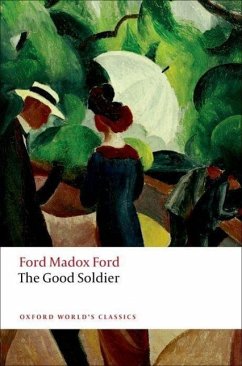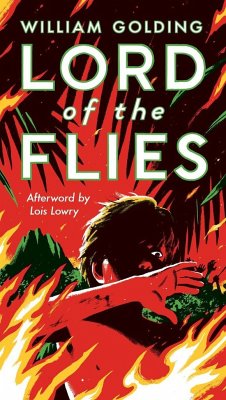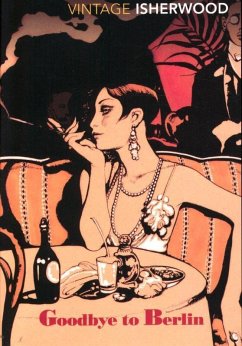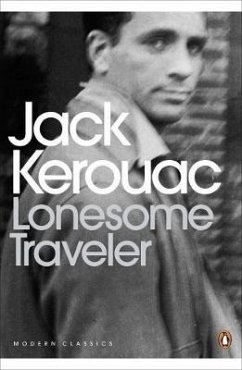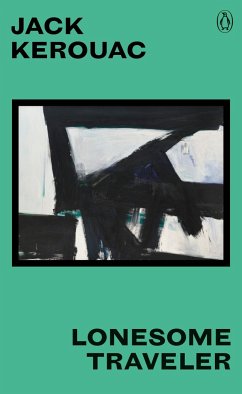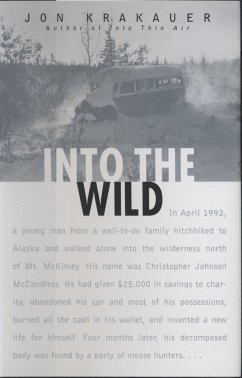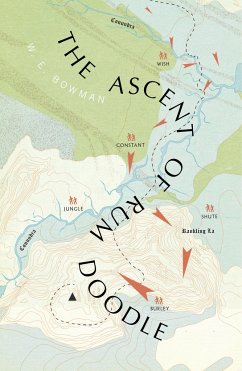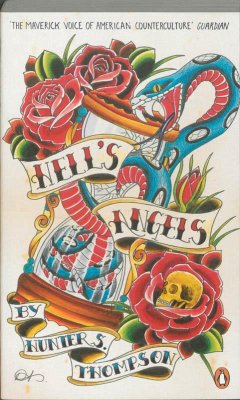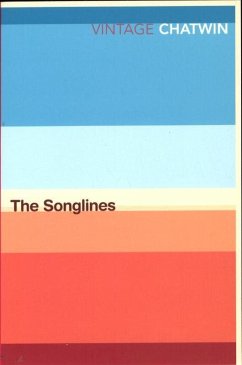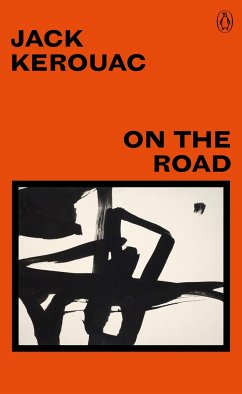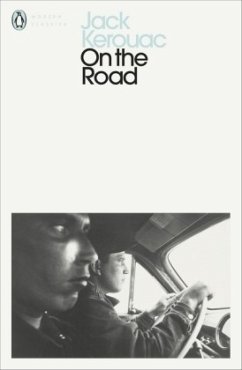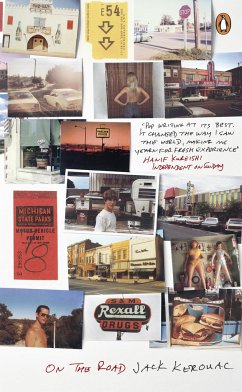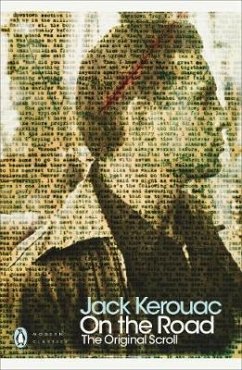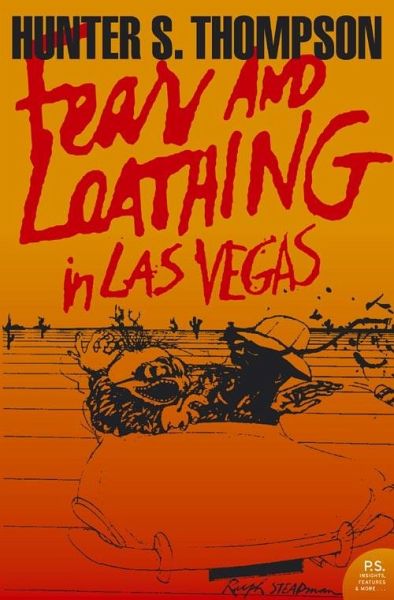
Fear and Loathing in Las Vegas
A Savage Journey to the Heart of the American Dream
Illustrator: Steadman, Ralph
Versandkostenfrei!
Sofort lieferbar
9,49 €
inkl. MwSt.
Weitere Ausgaben:

PAYBACK Punkte
5 °P sammeln!
'We were somewhere around Barstow on the edge of the desert when the drugs began to take hold. I remember saying something like, "I feel a bit lightheaded; maybe you should drive ..."'Hunter S. Thompson is roaring down the desert highway to Las Vegas with his attorney, the Samoan, to find the dark side of the American Dream. Armed with a drug arsenal of stupendous proportions, the duo engage in a surreal succession of chemically enhanced confrontations with casino operators, police officers and assorted Middle Americans.This stylish reissue of Hunter S. Thompson's iconic masterpiece, a controv...
'We were somewhere around Barstow on the edge of the desert when the drugs began to take hold. I remember saying something like, "I feel a bit lightheaded; maybe you should drive ..."'
Hunter S. Thompson is roaring down the desert highway to Las Vegas with his attorney, the Samoan, to find the dark side of the American Dream. Armed with a drug arsenal of stupendous proportions, the duo engage in a surreal succession of chemically enhanced confrontations with casino operators, police officers and assorted Middle Americans.
This stylish reissue of Hunter S. Thompson's iconic masterpiece, a controversial bestseller when it appeared in 1971, features the brilliant Ralph Steadman illustrations of the original. It brings to a new generation the hallucinatory humour and nightmare terror of Hunter S. Thompson's musings on the collapse of the American Dream.
Hunter S. Thompson is roaring down the desert highway to Las Vegas with his attorney, the Samoan, to find the dark side of the American Dream. Armed with a drug arsenal of stupendous proportions, the duo engage in a surreal succession of chemically enhanced confrontations with casino operators, police officers and assorted Middle Americans.
This stylish reissue of Hunter S. Thompson's iconic masterpiece, a controversial bestseller when it appeared in 1971, features the brilliant Ralph Steadman illustrations of the original. It brings to a new generation the hallucinatory humour and nightmare terror of Hunter S. Thompson's musings on the collapse of the American Dream.




